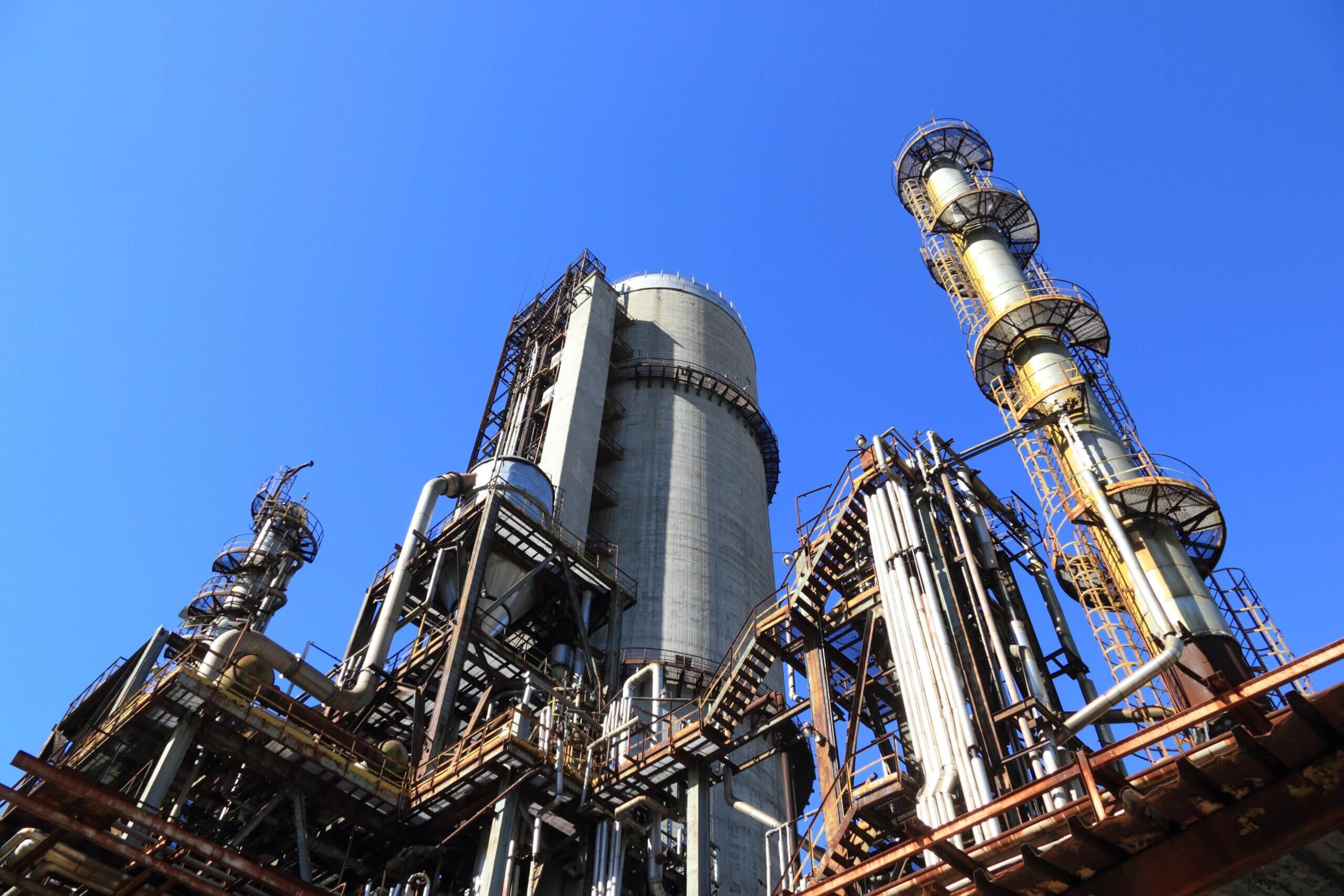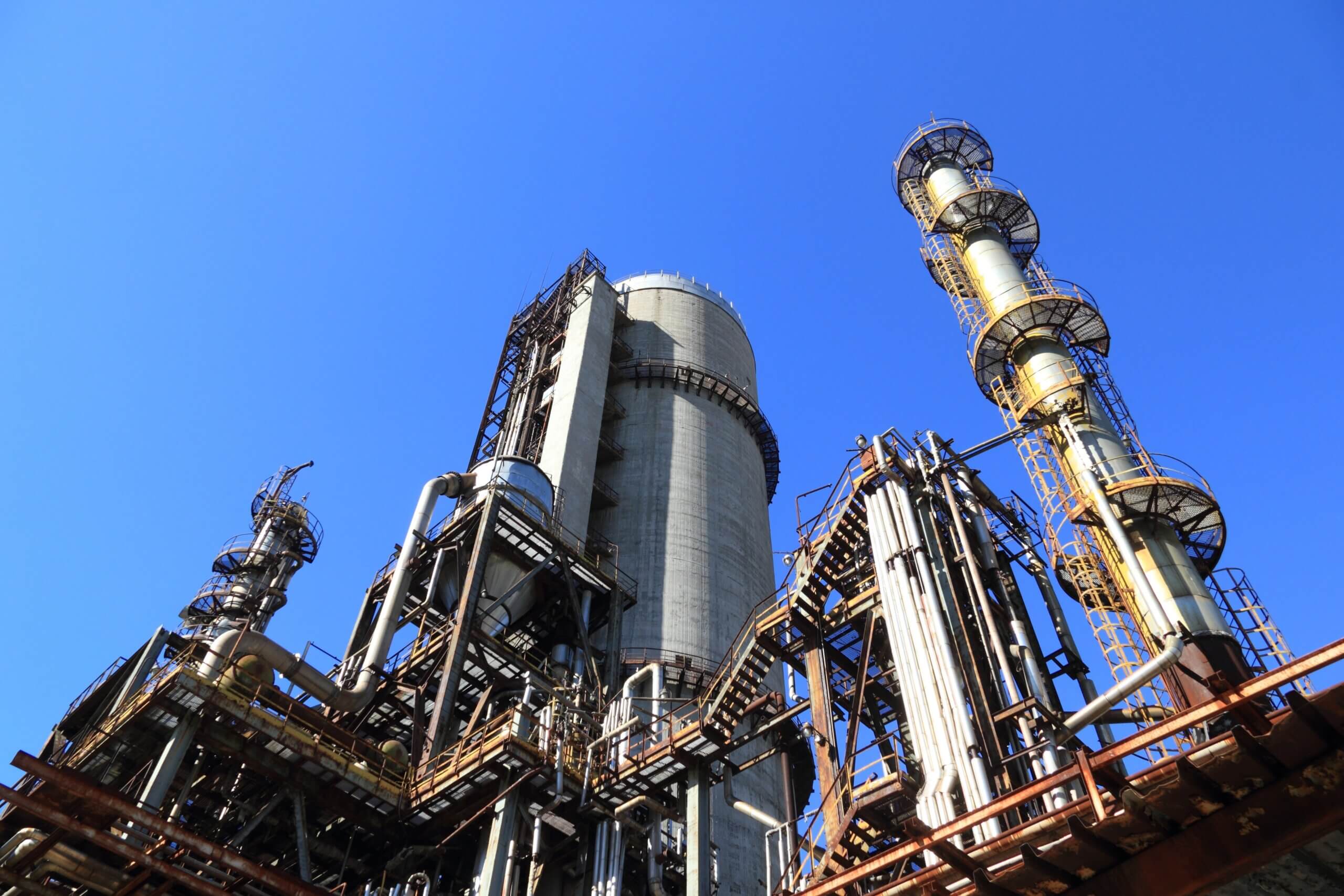“Deglobalization” has entered the narrative zeitgeist. But what’s happening on the ground? This weekly series seeks to answer that question with a round-up of deglobalization developments from the week that’s done.
1. Billionaire investor Bill Ackman said in an earnings call with investors last week that inflation will continue to grow. Why? Because of pressures from long-term, structural trends like deglobalization. “We will have to ultimately accept a higher level of inflation that has to do with deglobalization…We are a big believer in the thesis that a lot more business is going to come closer to home and it is more expensive to do business here.”
2. A Financial Times film, “Manufacturing in America, post globalization” explores why the US should bring manufacturing jobs home. Based on business journalist Rana Foroohar’s “Homecoming: The Path to Prosperity in a Post-Global World,” the film follows the American supply chain of one domestic clothing company, American Giant, and its impact on jobs, businesses, and communities.
3. A Bloomberg investigation found that garments shipped to the US by Chinese e-commerce giant Shein were made with cotton from China’s Xinjiang. The US has banned imports of products from the Xinjiang region into the country unless they can be proven to be made without forced labor. But Shein is a direct-to-consumer company: Its shipments generally fall below the 800 USD threshold that triggers reporting requirements to Customs and Border Protection. Still, this finding puts Shein in a catch 22: Acknowledging the labor concern would mean running afoul of US regulations and customers; disputing it would anger Beijing, which denies all forced labor allegations.
4. Another development underscoring the growing tension between two business environments: At the flagship Bloomberg New Economy Forum in Singapore on Tuesday, billionaire Mike Bloomberg was forced to apologize to hundreds of guests – because a speech by Boris Johnson criticized China. Johnson described Beijing as a “coercive autocracy” to about 500 Asian businesspeople, investors, and diplomats; Bloomberg, whose organization was hosting the event, found himself apologizing that some attendees may have been “insulted or offended.”
5. Johnson Matthey, a British firm that makes catalytic converters for vehicles, reported a 30 percent drop in half-year production on Wednesday, a function of supply chain disruption. The company is facing a two-way squeeze from lockdowns in China and challenges in sourcing components from Ukraine. The group plans to cut 15 percent of its senior management jobs in an effort to reduce costs.
6. On November 23, amid escalating tensions over China’s COVID-Zero policy, violence erupted at Apple’s main iPhone-making plant in China. The plant is operated by Taiwan’s Foxconn; the violence came after weeks of unrest driven by lockdowns and resultant poor working and living conditions. The debacle underscores the peril of Apple’s reliance on Chinese production. It also reflects a larger reality among producers caught in the chaos of Beijing’s harsh COVID-19 policies, and the supply chains that depend on those.
7. Carlos Zarlenga, president of Stellantis Mexico, said that nearshoring will make Mexico “the motor” of the US electric vehicle industry. He cited efforts by German, Swiss, Spanish, and North American companies to move away from China – and toward Mexico – in order to achieve better access to the US market, also the possibilities created by the USMCA. “There is no other emerging country in the world with such an opportunity in terms of nearshoring as Mexico.”
(Photo by Pexabay/Pexels)




